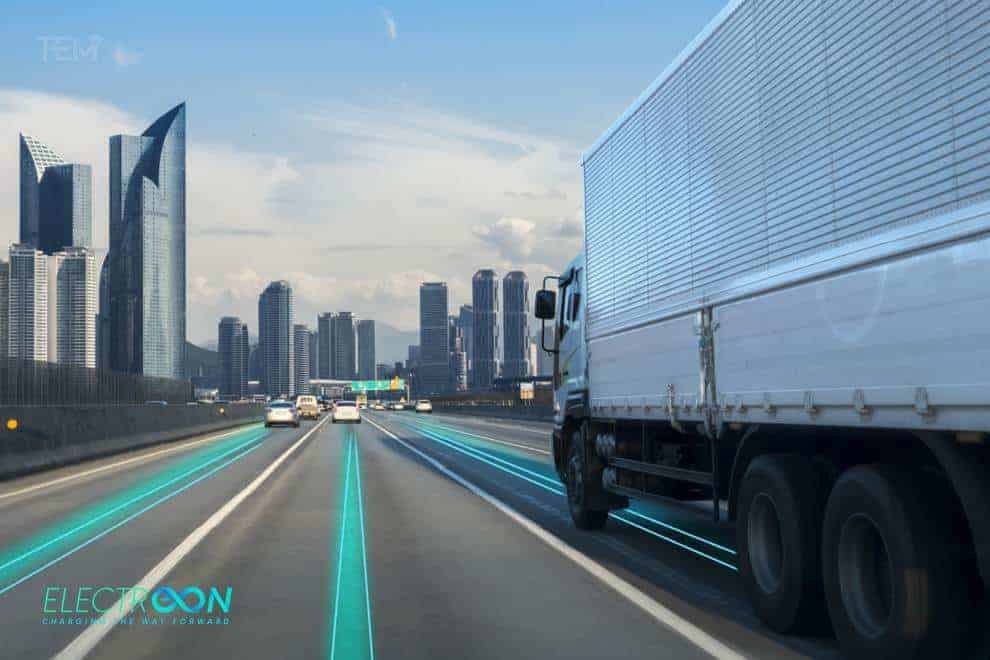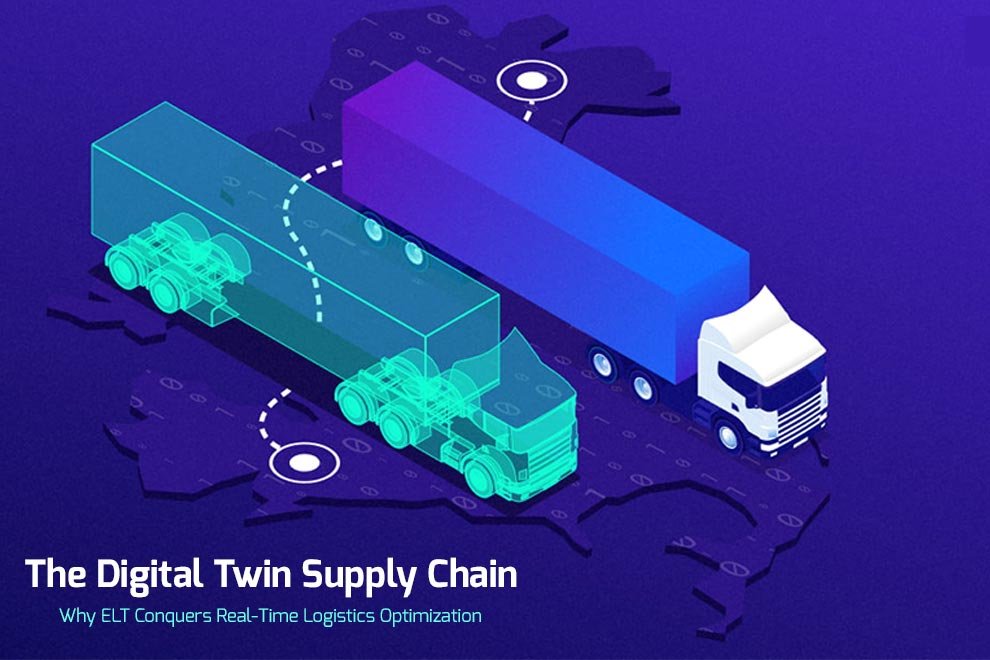A vision of a cleaner and greener city in the not-so-distant future
Say goodbye to gas stations because the future of travel is here. Israeli company, Electreon wants to build electric roads that can charge buses and cars. Electreon has designed a system that charges electric vehicles by embedding energy transfer coils in the road. As a vehicle such as a bus travels over the coils, its battery is charged wirelessly.
Also, the initiative is being jointly run by Tel Aviv-Jaffa Municipality and the Dan Bus Company. As part of the government and private funds, the pilot project is the first step for a more sustainable public transportation system. The project will start with a bus line following an electrically charged route through North Tel Aviv allowing the bus to recharge its electric battery as it drives.
The road is dug up by one machine, the copper coils are laid, and then another machine buries the coils under bitumen. Roadside equipment helps to monitor electricity usage. Electreon claims the electric section of the road will initially span half kilometers of energy transfer coils in a day. The Company hopes to test the route over a mile long which runs between the Tel Aviv University Railway station and Klatzkin Terminal in Ramat Aviv.
“Energy is transferred from the electricity grid to the road infrastructure and manages communication with the approaching vehicles,” statement on the Electreon website.
Tel Aviv, a leading city in innovation will be the first in the world to install these smart roads throughout its city if the trial is successful. Within the municipality also considering options to add other vehicles to the recharging road roster including trucks and cars. The project’s goal is to use the technology which lays just below the surface of the road to cut down on air pollution and to provide a more efficient transportation system.
According to Tel Aviv mayor Ron Huldai, “Our strategic action plan to prepare for climate change has placed the fight against pollution at the top of the municipality’s environmental agenda,”
The central Israeli city is set to begin the trial in December 2020. “The project could be rolled out on a larger scale if the pilot proves successful,” said Huldai.










